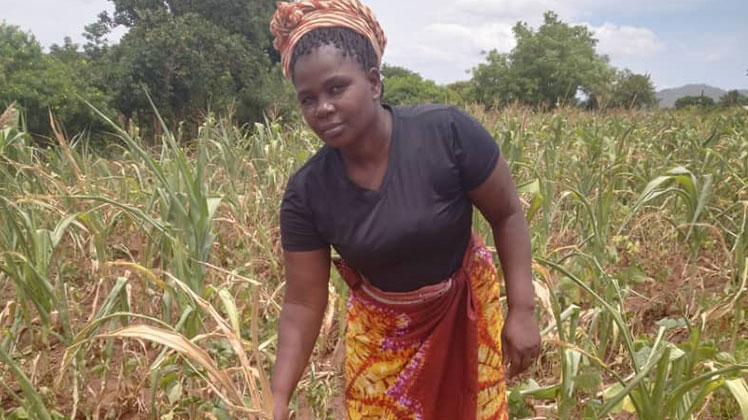Malawi shines in aquaculture

At an international meeting held in Kisumu, a coastal town in Kenya, recently, experts said fish levels in Africa are going down, particularly in Lake Malawi—Africa’s third largest lake.
Overfishing and inadequate fishing technologies have been blamed for the situation, the experts said.
Lake Malawi is said to have lost about 30 000 tonnes of fish in the last 20 years alone. The experts bemoaned dismal efforts in aquaculture as a threat on future restocking of fish levels.
Amid such discouraging developments, a Malawian scientist and researcher Professor Emmanuel Kaunda has been named Africa’s best scientist for his efforts in promoting aquaculture.
He was awarded the Impact Research and Science in Africa (Impressa) Award. The award was competed for by 32 African universities.
“I am the first Malawian to win this award,” says Kaunda, who is deputy vice-chancellor for Lilongwe University of Agriculture and Natural Resources (Luanar).
The award recognises outstanding contributions to development through agricultural research and science, human and institutional capacity building. It also raises awareness of challenges and prospects in agriculture as the mainstay of most economies in sub-Saharan Africa, the unique social conditions of agricultural communities and the global dynamics affecting agriculture, food security and nutrition in the region.
Impressa also promotes awareness of the unfulfilled role of African universities in Africa’s development through agriculture and also promotes awareness of gender issues in agricultural research and science.
Receiving the award in Kisumu was a sign of Kaunda’s commendable works in finding solutions to fishing challenges in the country.
Kaunda worked with Dowa farmers to dig fish ponds and apply scientific knowledge to increase the fish production.
Fisher folk in the country are complaining of low fish catches. Kaunda says the average fish production for the country is 750 kilogrammes per hectare.
“Me and my team have managed to support fish farmers in Dowa and increase fish productivity from less than 750 kilogrammes on a hectare in a year to more than 1 600 kilogrammes in the last harvest,” he says.
He claims to have started with very few farmers but the outcome attracted more. Currently there are over 130 farmers participating in the farming project.
“The demand rose when others saw their colleagues produced fish varieties that were bigger and weighed more than the average fish they have been having,” said Kaunda.
In 2011, Aquaculture Association of Southern Africa (Aasa) named Kaunda as Aquaculturist of the Year.
Kaunda says people should not regard fishing as a profession for the illiterate and semi-illiterate. He is, therefore, working on attracting young graduates to understand fishing and embrace it as a lucrative business opportunity.
“I am currently running a regional Youth for Fish Programme. The aim is to train young graduates to boost fisheries in the country and the region,” adds Kaunda.





